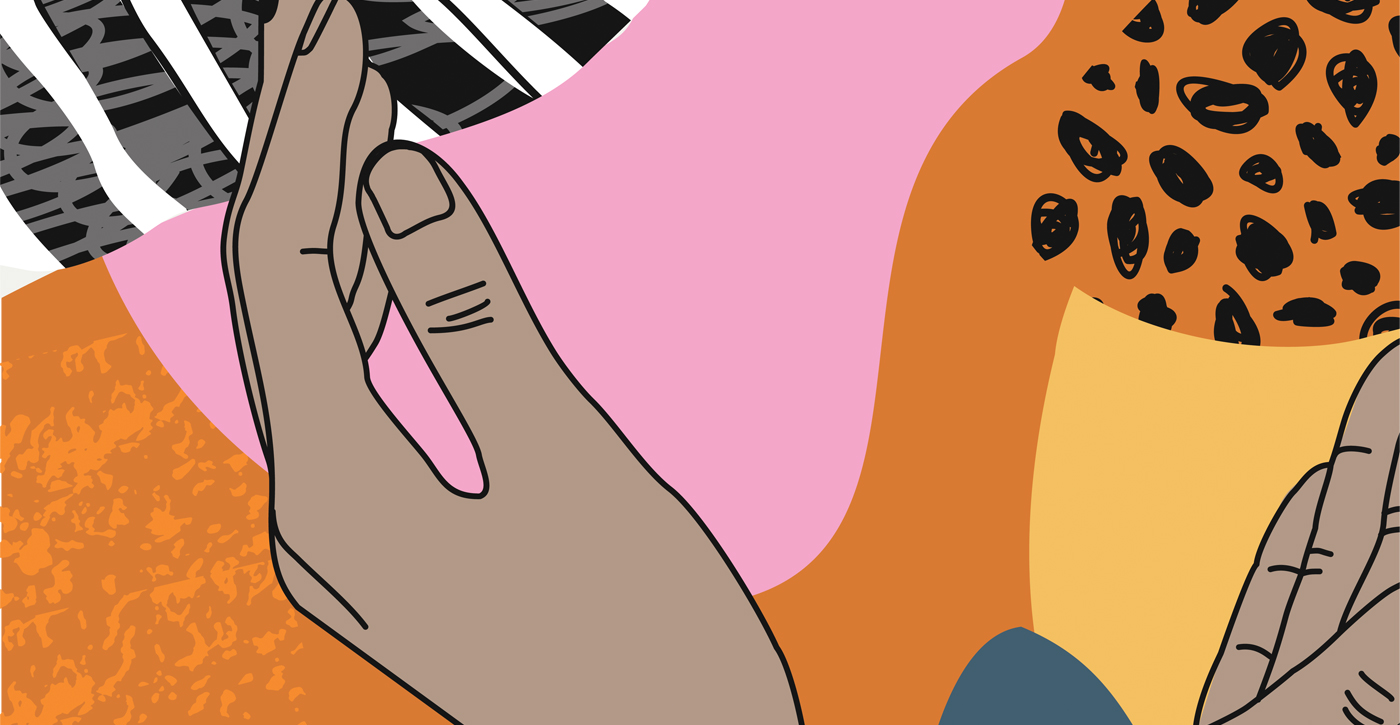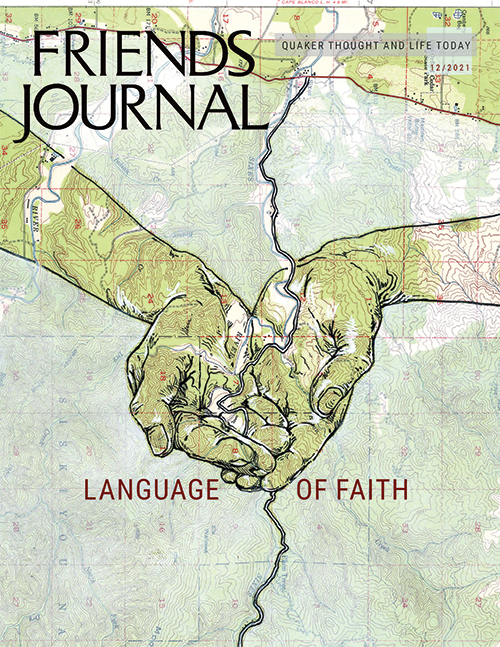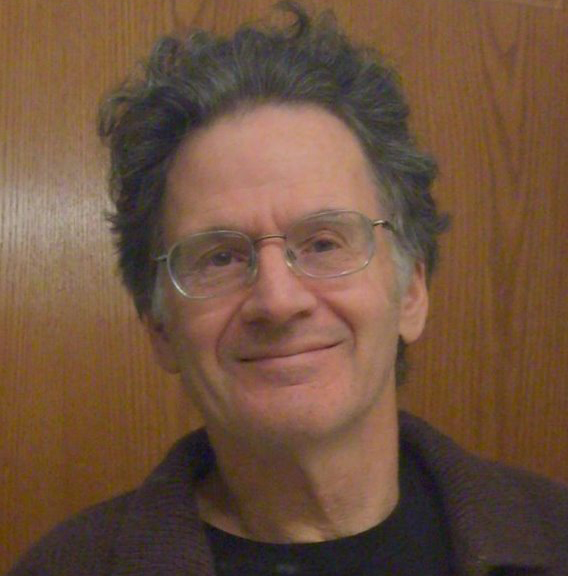Uniting as Friends in Diverse Meetings
In the Civil Rights Movement, radical love meant loving people with whom we were in conflict. In our meetinghouses today, radical love means loving Friends whose religious beliefs and experiences differ from our own. They may even reject what we hold dear. Under these circumstances, how do we come into unity as Friends?
We know it is possible. We often worship with people who hold religious views that we do not share. Looking around the world, we see Friends practices accompanied by a variety of religious beliefs and experiences. We also see this looking back through Friends history. We may talk differently about what is happening, but it is still happening. Friends practices are independent of how we talk about them. The Quaker way is open to people of all faiths.
This became a central theme in my life in Iran and Afghanistan when I was between seven and eleven years old. It was just after World War II, and my parents were teachers, trying to build peace by being good neighbors with people who were different from us. I remember one evening looking out a bus window at fellow passengers who had momentarily left the bus to kneel and bow in the dust. I asked what they were doing, and my mother said, “They’re doing what we do in Quaker meeting.” After that, whenever the bus stopped for prayers, we settled into silent worship. It struck me deeply that people are similar despite our differences.
That lesson was reinforced many times: in high school, working in a hospital in Guatemala; in college, helping build schools with the Masai in Kenya; in Boston, working with special needs people; and in Monteverde, Costa Rica, teaching in the Friends school. Later, after many years of attending Monteverde Meeting, the question of my membership came up. I asked if they really wanted a person with naturalistic religious views like mine. The clerk looked around the room, gathering the sense of the meeting, and said, “Os, it is you we love!”
In my experience, uniting as Friends in religiously diverse meetings requires special language practices. It starts with how we listen and speak during worship. We speak from the heart, as we are led. Friends who are listening translate into their own terms, reaching behind the words to their source. When we reply, it is in the same manner: from the heart, trusting that others will listen from their hearts. In this way, we build trusting communities.
In ordinary conversation with others in the meeting, we can listen and speak as we do during worship: with the same generosity of spirit and the same confidence in each other. We don’t need to hold the same views, and we don’t need to keep our thoughts to ourselves. This approach allows us to speak openly even when we disagree, and to recover from misunderstandings and mistakes.
The goal is not to all hold the same view but to move forward together. A radically loving meeting community finds unity in common purposes and practices rather than in common beliefs and experiences, as important as those are to us individually.
This is similar to what happens when we seek unity during a meeting for worship with attention to business. The goal is not to all hold the same view but to move forward together. A radically loving meeting community finds unity in common purposes and practices rather than in common beliefs and experiences, as important as those are to us individually.
We make exceptions to this practice when conversing with people who don’t know about speaking and listening from the heart, as with visitors and children and when we are speaking about Quakers in the wider community. In those cases, some of the responsibility for interpreting into the language of the listener shifts from the listener to the speaker. We take care not to mislead by speaking in one particular religious language, creating the wrong impression that this language is expected of Friends in general. Or we speak in our own language but protect the listeners by explaining that our meeting welcomes people whose views differ, and describing how we listen and speak with each other.
Reading literature that is in someone else’s religious language can be difficult. When I balk, I go back and read it again, skipping words that come from a particular tradition, sensing the message behind the words. Or I give the particular words my own definitions. Words can become part of my reading and listening vocabulary even when they are not part of my personal writing and speaking vocabulary.
Writing a document for possible approval by a religiously diverse meeting or organization is a wonderful challenge. It was my good fortune to work on such a project with Quaker Earthcare Witness (QEW), an environmental organization whose members hold many different views. We wrote a statement on unity with diversity in generic language open to all, except for one section in which we each wrote in our distinctive ways: theist and nontheist, Christian and non-Christian, traditional scientist and ecospiritualist, and so on. We clearly stated that these were the many voices of our community, and that no one voice was required of us all.
When working with an existing document, it may not be possible to make the changes we would like. In that case, we can simply add a footnote explaining our desire to be inclusive. On the vision and witness page of the QEW website is this footnote:
Some Friends may choose different language to describe their personal reasons for supporting or sharing in the work of Quaker Earthcare Witness. All are welcome who seek to further QEW’s programs and activities.
Around the world today, Friends seek to create diverse meeting communities. A great variety of faiths accompany our practices. Unity will be found in radically loving each other.
Some Friends find it hard to worship with people who hold, or do not hold, particular views. Note that this may be a problem for the other person just as it is for you. No one person’s problem is privileged: we are looking for solutions that help everyone. There is room for all of us in the meetinghouse.
What is the alternative to being open and trusting with each other? In some meetings particular beliefs or experiences are required or expected, even if members are not asked to declare them. Or we simply don’t talk about certain topics, keeping the peace by keeping quiet. In society, the burden is generally on speakers to avoid giving offense. We sometimes import this into the meetinghouse, instead of simply letting speakers speak while listeners take no offense.
Radical love is generic. It is relevant whenever there are divisions in our meeting or organization or family. This might involve religion, race, sexuality, politics, or other issues. In each case, we can start by building a trusting community in which we listen and speak from the heart.
Around the world today, Friends seek to create diverse meeting communities. A great variety of faiths accompany our practices. Unity will be found in radically loving each other.





I am new to Quaker ideas and the Newsletter. I totally appreciate this weeks subject on language to accommodate religious diversity in a meeting.
Friends,
Excerpts from Quaker writings on the issues raised in this article are online at: https://nontheistfriends.org/article/listening-and-speaking-from-the-heart-an-anthology
Also, the QEW Statement on Unity with Diversity mentioned in the article is online at: https://quakerearthcare.org/statement-on-unity-with-diversity/
I look forward to further dialogue on language practises that are, or could be, characteristic of Friends.
Peace,
Os Cresson